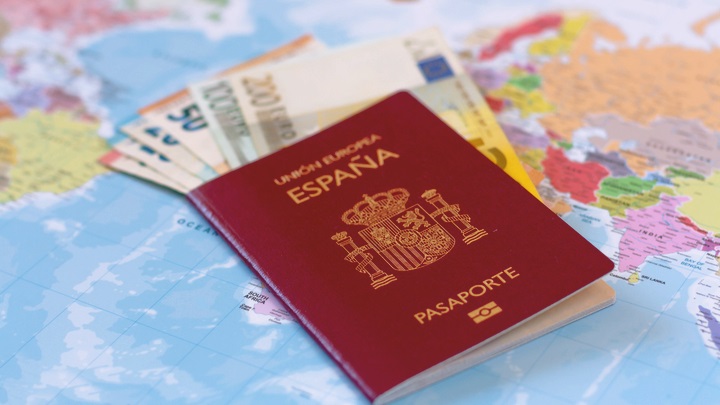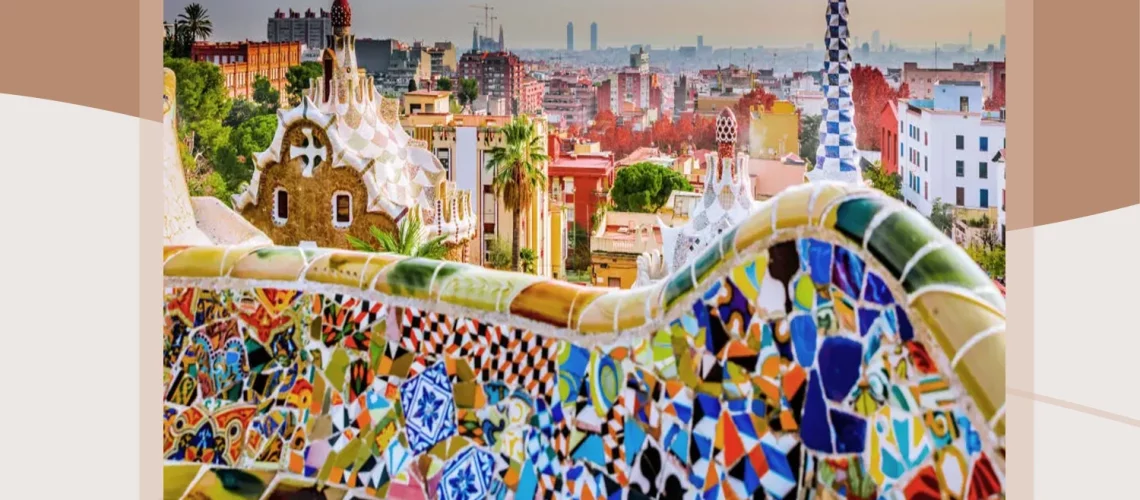Spain is one of the most incredible countries in the World with lovely people and wonderful patisseries, beautiful architecture, impressive nature and high-quality life standards. Unfortunately, when we are talking about surrogacy, the picture is not so good. In our experience Embassies of Spain all over the World are the most ”picky” related to cases where surrogacy relationships occur. And it has its own reasons.
Legal basis for Surrogacy in Spain
Surrogacy is not allowed in Spain. Despite the fact that such kind of activity in Spain is not regulated and it is not possible to obtain a legal license even for agencies to provide such kind of services in the country, surrogacy has already became a part of reality of many Spanish families. However, the desire to become parents leads these couples to Ukraine or Georgia, where surrogacy is allowed and doesn’t cost so much as in USA. On the other side, when the baby is born, parents get the birth certificate of the baby in the country where the surrogacy program and/or delivery was performed. Usually, they are already written in the birth certificate as legal parents, but it doesn’t help a lot in cases of surrogacy with Spanish couples, as the country of surrogacy program (Georgia or Ukraine) doesn’t give the nationality for such baby automatically, leaving it in some kind of “legal limbo” until the parents go to the Embassy of their country of origin for obtaining citizenship and therefore passport for a baby to travel home.
Citizenship via option
According to the Spanish legislation about nationality and citizenship, a baby born outside of Spain, who have at least one parent (Mother or Father) with Spanish nationality (that have Spanish passport), can apply for Spanish citizenship via the Embassy.
Applying to Spanish government for Spanish citizenship for a baby, parents automatically put themselves into the field of legal relationships that fell into the scope of Spanish substantive law. It means that from the moment you enter the Spanish Embassy you are under the regulation of Spanish civil, family and reproduction law. From this part legal difficulties appear.
The filiation of the surrogacy babies
According to par.4 art.9 chapter IV of the Preliminary title of the Civil Code of Spain, if it is not possible to establish the filiation of the child or if the child lacks habitual residence and nationality (exactly surrogacy case, when newborn child doesn’t have any citizenship, residence or nationality yet), the Spanish substantive law will be applied. Article 10 of the Law 14/2006, of May 26, on techniques of assisted human reproduction specifies that the contract for which the pregnancy is agreed (surrogacy contract), with or without a price, by a woman who renounces maternal filiation in favor of the contractor or a third party shall be null and void. The filiation of the children born by gestation by substitution will be determined by birth. The possible action for claiming paternity with respect to the biological father is preserved, in accordance with the general rules.
Position of Spanish government
The position of Spanish government in surrogacy cases is very clear, as it is written in official recommendations of Ministry of Justice of Spain, “In no case will be accepted as a suitable title for the registration of the birth and filiation of the birth, a foreign registration certificate or the simple declaration, accompanied by a medical certificate regarding the birth of the child that does not show the identity of the pregnant mother”. It is possible to use court decision in some cases, and in other cases the Spanish government wants to be sure that there were no violation of surrogate’s rights by the legal system of the country where surrogacy was performed.
Since Spain recognizes the mother as a woman who carries and delivers the baby, the Embassy requests a medical certificate of birth from Maternity House, where delivery was performed to get proofs that the legal mother (according to the legal birth certificate), has delivered the baby in reality. In Ukraine and in Georgia in the medical certificate of birth is always written the surrogate mother, as the medical institutions in these countries are not responsible for legal part of the process. The registration of a baby is performed here in judicial bodies (Civil registrar office of the Ministry of Justice), not in Maternity House. On the contrary, in Belarus, the genetic (Legal, Intended) Mother appears in both documents medical and legal certificate of birth. Another thing is that Spain doesn’t recognize any of these documents in any case, as it was given according to rules different than their own.
Problems is the end
So, in the end of the surrogacy process, parents face the problem, when their baby doesn’t have citizenship and passport of any country. Consequently, they cannot travel home until this problem is solved. On the other hand, the Spanish Embassy requests: 1) recognition of the parenting rights from the genetic (legal) father and 2) abandonment papers from surrogate mother, although it has been already done in the “surrogacy” country before the signature of the surrogacy contract in the Notary or after the baby’s birth, 3) completely disregarding at the same time the genetic mother of the baby, regardless if it was program with egg-donation or not, as she didn’t deliver the baby. All this makes the parent’s impression of the surrogacy process poisoned and duration of their stay abroad much longer.
The Spanish Embassy accepts only such kind of legal birth certificates where the surrogate mother is written as the legal mother, genetic father is written as the legal father and genetic mother is written…nowhere. After the family come back home, to Spain, genetic mother will need to adopt her own baby. For some strange reason, the Spanish government prefers to get a legal certificate of birth without mother at all, than to get one where the genetic mother appears.
This statement comes from “protecting of the rights of the child”, stipulated in the Article 7, of the Convention on the Rights of the Child of November 20, 1989, where it is written, that the child shall be registered immediately after birth and shall have the right from birth to a name, the right to acquire a nationality and as far as possible, the right to know and be cared for by his or her parents. The problem is, that this child will for sure know his or her real (genetic) parents, as they are already a family, and this child is not lost, moreover he is already registered in another country.
Wonderful Spain
In all this process, Spain as a country put itself in the position that doesn’t recognize the legal documents of another country that is quite strange for a Member of the Convention abolishing the requirements of legalization for foreign public documents, Concluded 5 October 1961 in Hague. From one side, such surrogacy countries as Ukraine or Georgia don’t have any mutual agreement with Spain about mutual recognition of birth certificates and other civil documents. From the other side, all of these countries are members of Hague Convention 1961, which stipulates simplified regime of recognition of documentation in general, including birth certificates, marriage certificates or court decisions, they just need to be apostilised. So, the question is: why Spain recognize documentation in another fields of life (driver license, marriage or education documents), but doesn’t recognize it when it comes to surrogacy?
Under general principles of international law, there can be only four regimes of recognition of the documents issued by other countries:
- National (when the country recognizes it without any questions and formalities, like they issued these documents by themselves);
- Legalization (consular and diplomatic legalization);
- Apostilisation (more simple than legalization, just need a stamp of specific form, works for all Member of Hague convention 1961) – Spain, Georgia and Ukraine are Members of this Convention;
- Special regime – even a more liberal regime according to mutual agreements between countries.
Consequently, any other claims or demands of any country in the World relating to the non-recognition of the documents, especially when it comes to ones that prove relationships inside the family, between children and parents, are not only illegal or strange, they, first of all, interfere in the internal affairs of another country and second, undermine the prestige of the government that issued such documents.
Fortunately, such countries as Ukraine and Georgia, that allow surrogacy, are always on the side of parents and their children, that’s why it is always possible to get Ukrainian or Georgian citizenship and passport for babies, born via surrogacy on the territory of these countries, if the Embassy denies them.
Pons Medical Group is ready to help you in your surrogacy journey.
Contact us today to get free consultation about your case!


